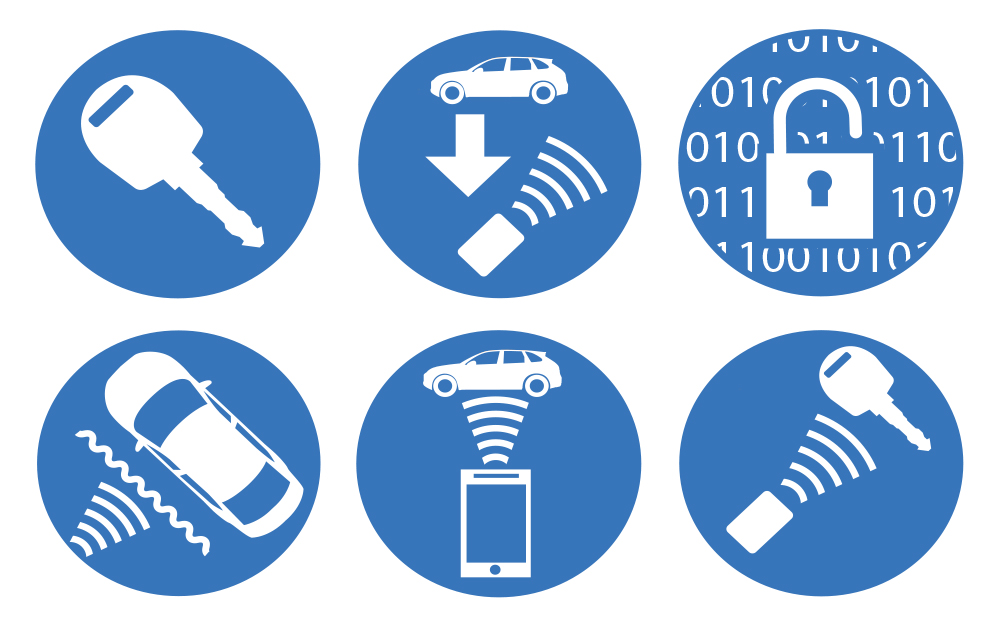This is one of those threads where the question seems to get lost in the discussion.
Some things we know, especially if you’ve had Teslas for some time.
- the U.K. owners group lobbied for pin to drive because cars were getting stolen. This was in the days when there weren’t many Teslas about, pre M3, the key fob was used and relay attacks were common. As well as P2D, the fobs themselves have been improved since.
- cars aren’t stolen for ringing etc, they’re stolen for joy riding or parts. Lithuania is a hot bed for right hand drive parts, odd really given there are no RHD countries within a few thousand miles of there except us and Ireland.
- the older sim could be removed from the drivers seat within 30 seconds. Not the case on later models of M3. The forum is not just a model 3 forum so any comments need to be understood in the context of the model.
- the cars don’t have deadlocks. Stolen cars and stealing from cars are different things, the latter is much easier than it should be, the title of the the thread is broader security
- the Tesla api is widely hacked/used by lots of third party apps and many owners freely give their credentials to these people. Who knows how good their security is but as a minimum the info shared allows them to locate and unlock the car, so a breach in their security is also a breach of yours
- the API is even thought to allow the car to be driven without re-entering the password, this may have been a bug, so Tesla aren’t unknown to get security wrong
- sentry mode is ok as far as it goes, but incredibly wasteful on energy and not 100% reliable.
Is any of this a problem? Not for me, it’s a car and while it would annoy me if someone tried to steal it, it would annoy me if someone lobbed a brick through the window too. I don’t even use P2D because I find it an inconvenience and if anybody got to the point it was needed, they’d already either stolen my phone or key card and the car would just another frustration.



